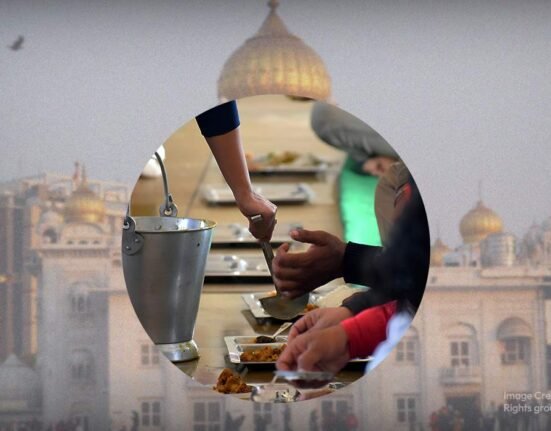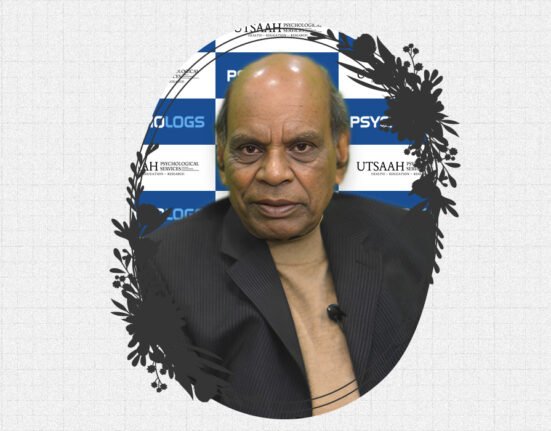Labeling women as witches (dayans) has been an evil social practice that has been embedded in generations for years now. Women are often accused by their family members and community members of performing witchcraft. Witchcraft is a practice in which a female has supernatural powers and indulges in evil practices. The main reason behind this practice is ignorance, illiteracy, misinformation, and cultural and superstitious beliefs (black magic, sorcery, etc). Sometimes, people who have personal feuds or where a woman is involved in a common property/land, accuse her of witchcraft and hence resulting in her banishment in order to get hold of her property. Also, when a woman is infertile or cannot produce a child (due to a problem with her husband), they abandon her stating witchcraft issues. It is mainly seen in people who are oppressed or suppressed or who belong to socially marginalized, poor economic backgrounds, Adivasi (Tribal), or Dalit communities. Although, the government is taking harsh steps to fight this social evil as victims of witch-hunting suffer socially, culturally, mentally, politically, and financially. Also, people’s beliefs in witch doctors and faith healers (like shamans, Ojhas, etc) can result in such practices as the shaman will direct the family that because of that woman, these mishappenings are happening in your family. Also, there are terms like good witches or bad witches where people seek help from the good (Matajis) ones and abandon the bad ones. In order to ward off the witches (as people believe that these women are possessed), people often beat these women, pluck their teeth, cut their tongue and ears, shave their head, break their limbs, disfigure them, boycott them from villages, force them out of their houses, burn them alive and even call them by horrendous names which only lead to mental stress and torture.
Faith Healing in India is not new and many anthropologists like Sudhir Kakar have written extensively about it. They gathered information either from primary or secondary sources. The primary sources were the victims who have faced these allegations and brutal treatment by society and others were family members of those victims who narrated how they were looked upon in society by other people. Often, the children of these women (witch branding) who were interviewed had low self-esteem and had to go through a difficult childhood because their mothers were often banished from the village. Faith healing is on a spree because, in places where these practices are rampant, they lack proper medical help (psychiatrists/psychologists). And it further stems from their beliefs in supernatural and evil powers.
In an incident in India recently, Rama Devi (name changed to protect privacy), was lynched by people(they presume that they are doing good by killing the witch) in her village in Ghumla, Jharkhand as they branded her as a “Witch”. Not only men, but women had also beaten her up and blamed her for all the mishappenings in her village. She was identified as a witch by her facial features and her protruding teeth. In fact, beating her was not enough for them, they tried to insert wooden sticks in her private parts and asked her to drink her own urine and eat her own feces, and even banished her from the village. Since, the woman’s sons pleaded, they let her go with clothes else the villagers were stripping her naked. Witch branding is a social evil practiced in many parts of the country where Jharkhand tops the list and other states are Bihar, Telangana, Rajasthan, etc. Often seen, dissociative and other psychiatric disorders are mistaken for “witch branding” where the affected person does not get proper medical and social help. The only remedy that the family members and other villagers have is either given treatment under Ojha (Shaman, who beats these victims with “chabuk”) or banished such persons from villages forever. There is a need for the rehabilitation of these victims and survivors need job opportunities in order to support themselves.












Leave feedback about this